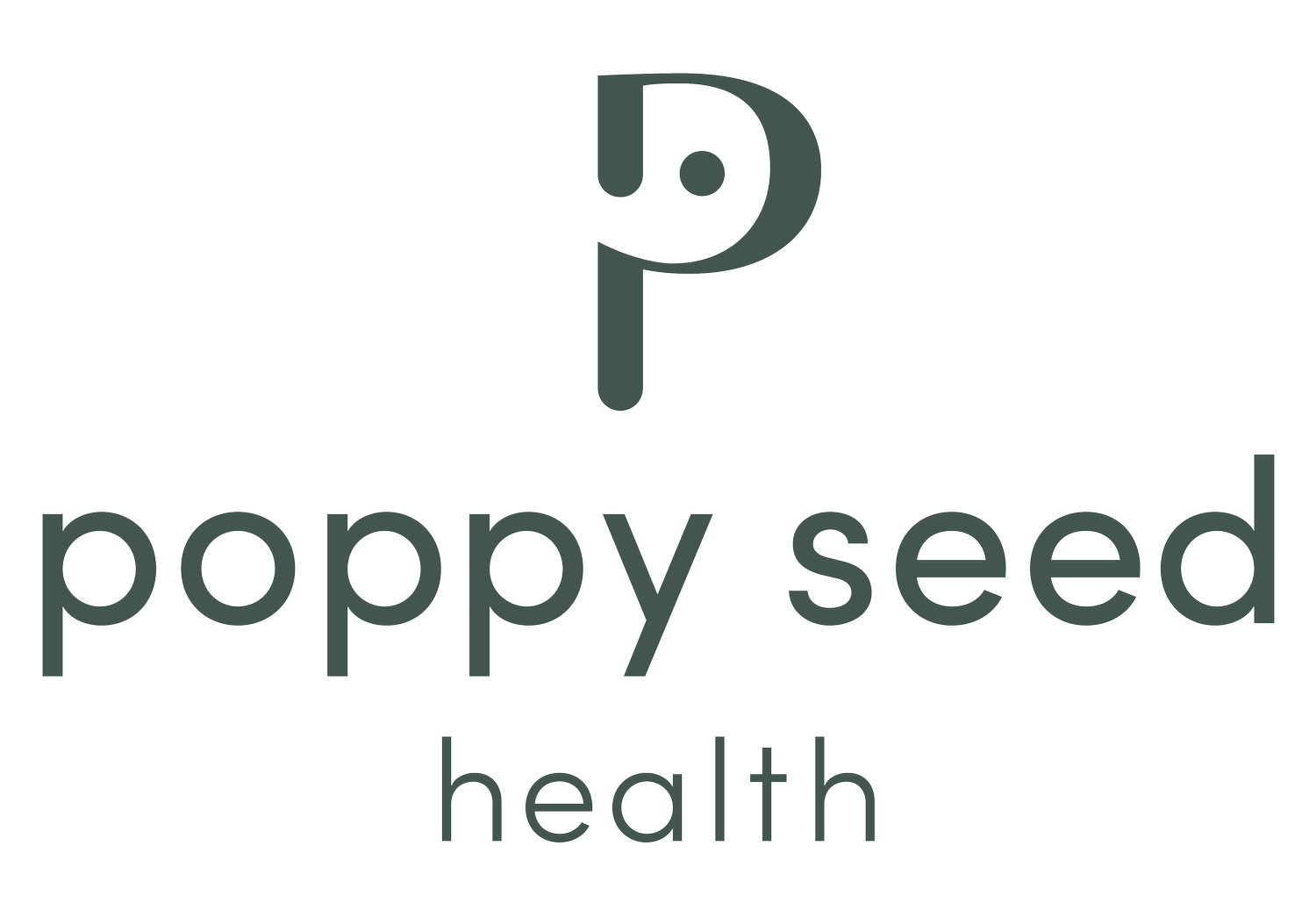Founder’s Note 08
My doctor didn’t make eye contact with me. Instead, she was intent on cleaning the ultrasound machine as her eyes looked everywhere except for mine.
“You’ve had a miscarriage,” she said.
“There isn't a heartbeat. But…it’s fine. Happens all the time. I’ll see you again in a few months when you start trying again.”
She left the room.
It was a quick, 10-minute interaction that was devastating, cold, and isolating.
As I emerged from the exam room - less one heartbeat - I asked the staff if I needed anything on my way out, and they basically parroted my doctor.
I left with nothing.
No medical, emotional or mental health resources.
Questions started to overtake my shock.
If I had a miscarriage, isn’t there a certain protocol? Information I need? A follow-up appointment for anything? Why don’t I feel like I had a miscarriage? Is the doctor wrong? How do I tell my (now ex) husband about the little light we’ve just lost?
I bet there are some of you who have had similar experiences with pregnancy loss, while asking yourself all the questions and going to all the places, seeking answers. Confession: I, too, spent hours on Dr. Google (I do not recommend).
We have been culturally taught to not share the joy of pregnancy during the first trimester because of the higher risk of loss. This has always been precarious to me because the support that you need the most from your love network is when you have experienced a pregnancy loss.
When there is a stillbirth or late term loss, many mamas go through the entire birthing experience, yet, we do not have a system that is available to support them through the grief process that focuses less on the clinical side of things and more on the human-to-human emotional support when they need it the most.
After my first loss, I made it my mission to start asking questions to the womxn in my life, and the floodgates opened. I learned that there had been many pregnancy losses that were never shared, many painful and isolating IVF losses and infant loss stories that made my heart shatter into pieces as I listened to parents having nowhere to grieve in a safe and judgement-free space.
October is Pregnancy & Infant Loss Awareness Month and it is because of my personal experience and hundreds of thousands of others that Poppy Seed Health exists. A space that is all yours to receive the emotional and mental health support for wherever you are on your journey. You are exactly where you need to be if you should experience a pregnancy or infant loss. That data shows us that 1 in every 4 pregnancies will end in a miscarriage and 1 in every 100 pregnancies will end in a stillbirth.
In this special edition of The Push newsletter we are sharing a story from one of our Poppy Mamas, Carolyn, who experienced a devastating loss with her son Eli. She wrote an Op-Ed for the Washington Post, and because of her bravery and honesty, birthing people will be able to advocate for themselves the best way they can in hopes of a different outcome.
With loss, it’s not just the birthing person that is affected, but it also the partner and family. We’ve created some resources below with Pockets of Light to help everyone involved better understand how to give and receive support.
In my work with Poppy, I am reminded that my story is unfortunately not unique. But together, we can challenge this harmful norm, and make a more mutually supportive environment for our rainbow mamas and babies everywhere.
Join us in observing this month with as much compassion, empathy, and grace as we can.
With Love,
Simmone Taitt, Founder

